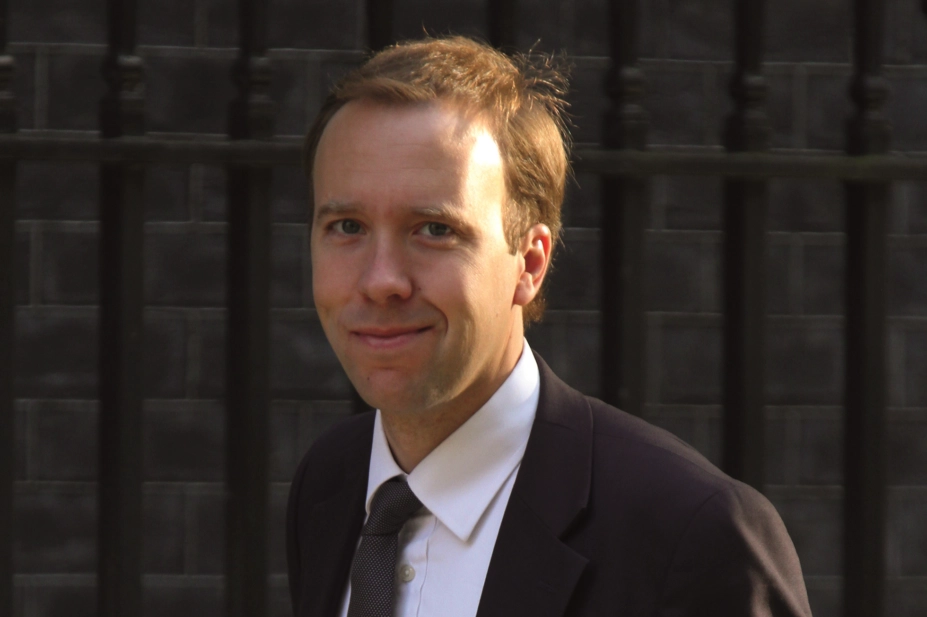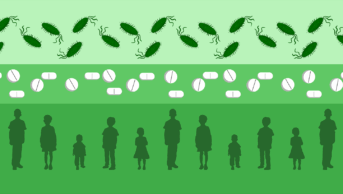
Shutterstock.com
A long-term plan to crack down on NHS fraud could prevent up to £300m being lost to fraud by April 2020, increasing the amount of money available to improve patient care, the government has announced.
The plans, revealed on 24 October 2018 by Matt Hancock, health and social care secretary, will begin with the digitisation of prescription exemptions to enable pharmacy staff to check whether a patient is exempt from the prescription charge before their medicine is dispensed.
At present, patients present a certificate and/or sign the back of the prescription form to say that they are exempt of any charge and the NHS Business Services Authority runs checks after a free prescription has been issued.
Using the new approach, the government has committed to halving prescription fraud, which costs the NHS an estimated £256m per year.
In a news release, the government said that the digitisation of prescription exemptions will be piloted in 2019 before being rolled out across the NHS.
However, Sandra Gidley, chair of the Royal Pharmaceutical Society’s English Pharmacy Board, has said it would be simpler and easier to have free prescriptions for everyone so that patients can always access the medicines they need without having to make decisions about what they pay for.
“Pharmacists and their teams don’t want to be spending time checking exemptions — that’s not what they’re paid for, that’s not the skill base.”
She also said that if “the computer says no”, it would present “a real dilemma” for pharmacists and their patients.
“You’re not going to stop a diabetic [patient] having their insulin for example — I think this is potentially fraught with problems.”
The government’s plans also include more collaboration and data sharing between the NHS Business Services Authority and the NHS Counter Fraud Authority (NHSCFA) to identify the small number of pharmacists and dentists claiming payments for services they have not carried out.
In addition, the release said that a new partnership between the NHSCFA and Cifas, a not-for-profit fraud-prevention organisation, will be established and 400 members of the Government Counter Fraud Profession, which launched on 9 October 2018, will focus specifically on NHS fraud.
“We’re determined to make sure every penny of the extra funding we are giving the NHS as part of our long-term plan is properly spent,” said Hancock.
“The message is clear: the NHS is no longer an easy target and if you try to steal from it you will face the consequences.”


